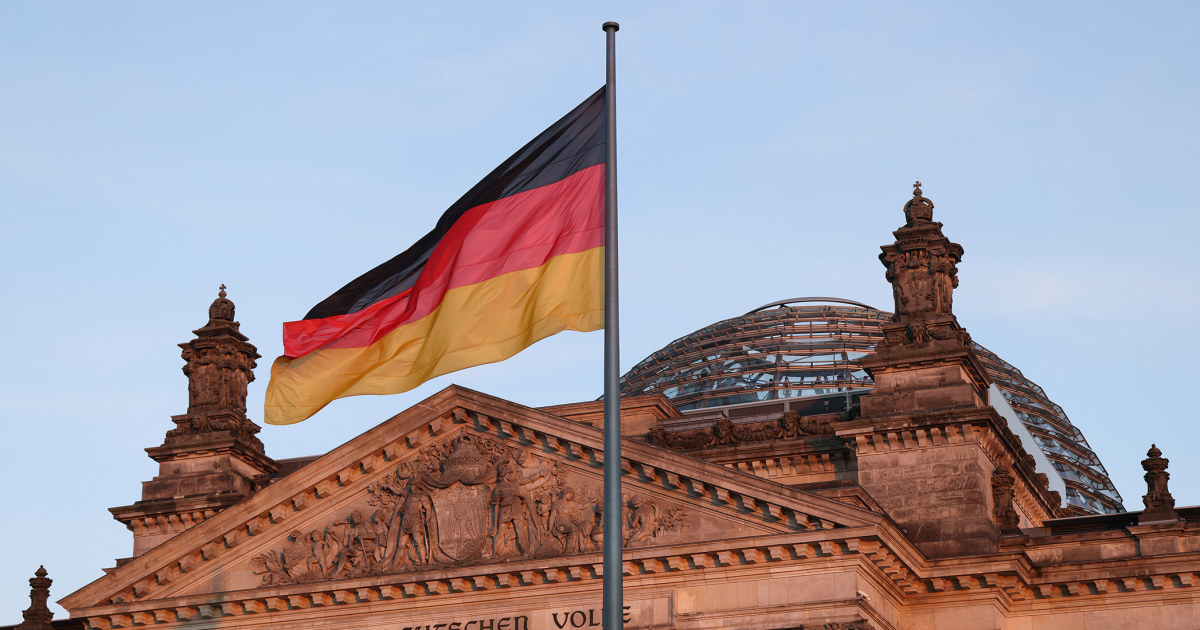CDU Takes the Lead in Germany's Federal Elections Amidst Concerns Over Far-Right Surge
The CDU leads with 28.5% of the votes, outpacing the AfD at 20%, as younger voters express concern over political extremism.
Overview
In the recent German federal elections, the Christian Democratic Union (CDU) secured approximately 28.5% of the votes, positioning Friedrich Merz to potentially succeed Olaf Scholz as Chancellor. The far-right Alternative for Germany (AfD) garnered 20%, reflecting rising concerns about political extremism. Young voters like Gesa Schönwolff, who voted for the first time, emphasized the importance of addressing climate change, education, and social justice amidst fears of authoritarianism and migration issues taking precedence in political discussions. The Social Democratic Party continued its decline, earning 16.5% of votes, with coalition negotiations now underway as the CDU looks to form a government.
Content generated by AI—learn more or report issue.

Get both sides in 5 minutes with our daily newsletter.
Analysis
Analysis unavailable for this viewpoint.
Articles (18)
Center (8)
FAQ
The CDU secured approximately 28.5% of the votes.
The AfD garnered 20% of the votes, marking its best performance in a national election.
Given that the CDU does not have a majority, potential coalition options include forming a grand coalition with the SPD, as other parties have ruled out working with the AfD.
The SPD secured 16.5% of the votes, marking one of its worst results since World War II.
Young voters are concerned about addressing climate change, education, and social justice, amidst fears of authoritarianism and migration issues dominating political discussions.
History
- 4M

 5 articles
5 articles













